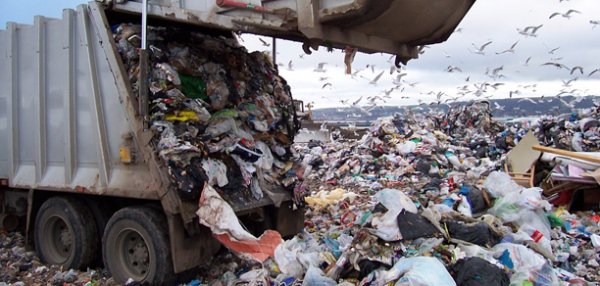Last week, I accompanied several students from our school to the People of Color Conference in Indianapolis for three days of presentations, workshops and intensive discussions about the state of our society. Much of the conference was devoted to talking about the events in Missouri, and New York, and Florida, and Cleveland , and Detroit, and so on and so on. It left me thinking "when is enough enough?" When have we seen enough young black men die? When are we ready to have healthy discussions about race, privilege, glass ceilings and borders (both seen and unseen) that will move us forward? When will we be ready to admit that our current ways of entrenched thinking aren't working?
I was having an interesting discussion with students about privilege, college admissions and affirmative action that had me thinking about desire and power. White students fear affirmative action will take something away from them if spaces are "awarded" to diverse students, while students of color want access to the same privilege as whites who have had greater opportunities. What it boils down to is that everyone wants a spot at the same small table and is fearfully guarding their spaces and their plates. Let me be clear, I support affirmative action--but I'm also concerned that the real problem lies in the fact that hierarchies have been constructed that keep wealth and power in the hands of very few and that no one is really looking at expanding that base of influence. Students want to get into a "good school" so that they can have access to "good companies" who use graduation lists as recruitment tools. As more people apply to college and the costs increase astronomically, fewer and fewer people (especially those who are disadvantaged by race, ethnicity, gender or social class) are able to get in and the circle stays small, tight and closed. And people want to be part of that circle because it means "success" and financial comfort.
But I see a problem with this. I see a problem with Gordon Gekko's "Greed is good" speech from the film Wall Street; I see a problem in the fact that so many young people love the recent film Wolf of Wall Street which delves into the excesses of the work world of finance. I think it is problematic that we buy, buy, buy because we feel we must, or because we've trained ourselves to want, want, want. Violence, fear, hoarding, coveting, overspending--on school, on border control, on prisons, on things that we don't really need, on symbols of status--it's all connected. I realize too, that as I'm contemplating this, I do so from a position of privilege as a white person in a very affluent, white town, teaching at a very expensive school. I'm not unaware of the irony, perhaps even hypocrisy, but that doesn't mean I can't strive for a more enlightened attitude and change.
So, here's what I'm thinking about:
- Can you dial back the extravagance of the holiday season? Fewer gifts, less food, less drink, less noise and stress.
- More sleep, more healthy food, more time spent (quietly) with your closest friends and family members.
- More time alone in meditation, journaling and contemplation
- Think about donating some of that money you would have spent to worthy causes (I'm writing at check for my local EMS team). How about local news or music stations? Animal shelters (which will be inundated after Christmas when people dump unwanted "gift" pets there)?
- More time thinking about what we say--especially in regards to race. As a history teacher, it saddens me that race relations not only in the U.S., but internationally, seem to be getting more divisive as governments draw up regulations and lines in the sand.
As author and activist Alice Walker said, "The most common way people give up power is by thinking they don't have any." There is power in NOT spending your money to feed the consumerist machine, there is power in extending a helping hand, and their is power in seeing that we need not grab at the "brass ring" so readily. We can see our fellow humans as HUMAN and focus more on making those human connections that, stacked over time, may result in a paradigm shift which allows for a bigger table, with more chairs and place settings, and with a family style meal where the food is shared graciously knowing that with all of our society's resources and strengths no one need go hungry.
Artfully yours--Lisabeth
(Remember--all that stuff eventually becomes what you see below!)


 RSS Feed
RSS Feed